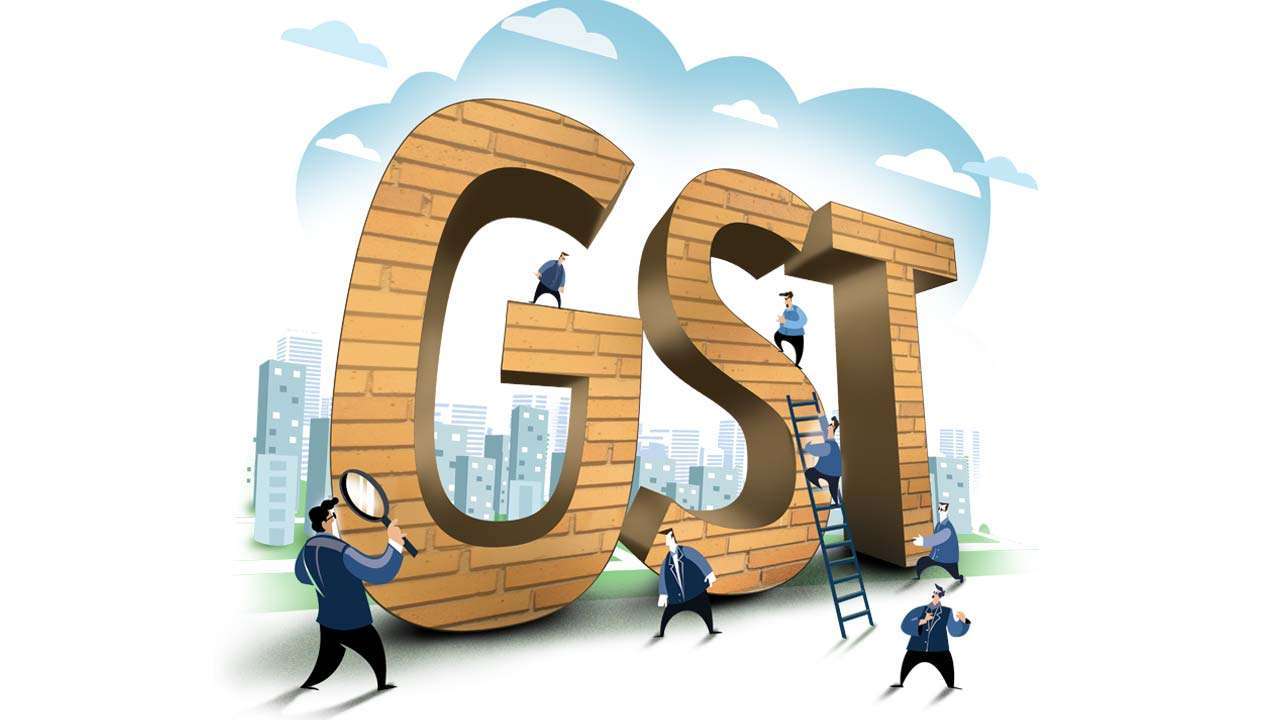eGaming Investors’ Coalition Urges PM Modi to Slash 28% GST: Seeks High-Stake Meeting

eGaming Investors’ Coalition Urges PM Modi to Slash 28% GST: Seeks High-Stake Meeting
A group of 30 Indian and foreign investors, who have invested in online gaming companies, recently penned a letter to Prime Minister Narendra Modi, expressing their apprehensions regarding the proposed imposition of a 28% goods and services tax (GST) on the entire face value of online gaming transactions. The investors highlighted that such a high tax rate could significantly impact the industry’s growth and competitiveness, both domestically and internationally.
They assert that this proposed levy would create the most burdensome tax regime for the gaming sector globally, potentially leading to the loss of the $2.5 billion invested capital in this industry.

Several investors, including Peak XV Partners (formerly Sequoia Capital India), Tiger Global Management, DST Global, ChrysCapital, Kalaari Capital, Alpha Wave Global, and Bennett, Coleman & Company Limited, which publishes ET, planned to write a letter to the government. Their intention was to flag their concerns over the GST Council’s decision to impose a 28% goods and services tax (GST) on the full value of online gaming transactions.
The group of investors has not only written a letter expressing their concerns over the 28% GST levy on online gaming transactions but has also requested a meeting with Prime Minister Modi or officials in the Prime Minister’s Office to further elaborate on their apprehensions. In the letter, they referenced examples from countries like the UK, the US, and France, where a similar tax on the full face value of online gaming transactions resulted in the “destruction of the sector,” impacting numerous startups as well.
The investors expressed their deep concerns, stating that the proposed 28% GST levy on the full face value of money invested in online gaming, horse racing, or casinos would have a severely detrimental impact on the industry. They fear that this could result in the loss of more than 50,000 high-skilled jobs and the further deprivation of livelihood opportunities for over one million Indian citizens indirectly associated with this sector.

As per the current GST Council suggestion, the 28% tax would be imposed on the entire initial deposit made by users in these gaming activities. Additionally, there would be a separate tax on the winnings of users, further adding to the financial burden on both the gaming companies and the players.
Last week, a collective of approximately 130 online gaming companies and industry associations, which included prominent names such as Mobile Premier League (MPL), Nazara Technologies, Gameskraft Technologies, and Winzo Games, came together to appeal for a reconsideration of the GST Council’s recommendation regarding the tax on online gaming transactions. They joined forces to voice their concerns and request a review of the proposed tax measure to mitigate its potential adverse impact on the gaming industry.
Despite the appeals made by the online gaming companies and industry associations, the government has dismissed the necessity for consultations with the industry regarding the proposed 28% tax on online gaming transactions. The government claims that the decision made at the GST Council to impose the tax was “unanimous” and that the likelihood of an early review is low.
In their recent letter, the investors highlighted an important concern regarding the unintended consequence of the GST Council’s decision. They pointed out that the decision equates the constitutionally protected legitimate online skill gaming industry with gambling, betting, and other games of chance, despite the fundamental differences between these activities. This distinction is crucial as it affects how the industry is perceived, regulated, and taxed, potentially causing undue harm to the legitimate skill gaming sector.
According to the letter from the investors, the decision by the GST Council to impose a 28% tax on real money games would result in these games being equated with “gambling, betting, and other games of chance.” They suggested an alternative approach, proposing that an increase in the tax rate from the current 18% to 28% on the operator’s gaming revenue would lead to a substantial 55% increase in GST collection for the government without negatively impacting the gaming sector.
The investors also presented three different scenarios for how the GST could be levied on the sector. In the worst-case scenario, the GST burden would increase by a staggering 1,100%, and due to the taxation of redeployed player winnings, the same money would be subject to repeated taxation, potentially causing significant financial strain on the industry and hindering its growth.
The letter from the investors warned that the imposition of a 28% GST on online real money skill gaming could have severe repercussions. It highlighted a possible scenario where a significant portion, 50-70%, of every rupee earned would go towards GST, rendering the business model unviable. Such a situation would lead to the write-off of investments made in the sector and severely impact investor confidence.
According to the letter, the real money gaming sector has already attracted substantial foreign direct investment, amounting to $2.5 billion to date. The investors projected that this investment figure would further increase to $4 billion by the fiscal year 2027, indicating the sector’s potential for significant growth.

The Indian gaming industry, as a whole, is anticipated to experience rapid growth, with an estimated compound annual growth rate of 27% over the next five years. Within this, the real money gaming sector stands out as one of the most cash-flow-heavy segments in the Indian startup ecosystem, boasting several profitable firms like Dream11 and Gameskraft.



